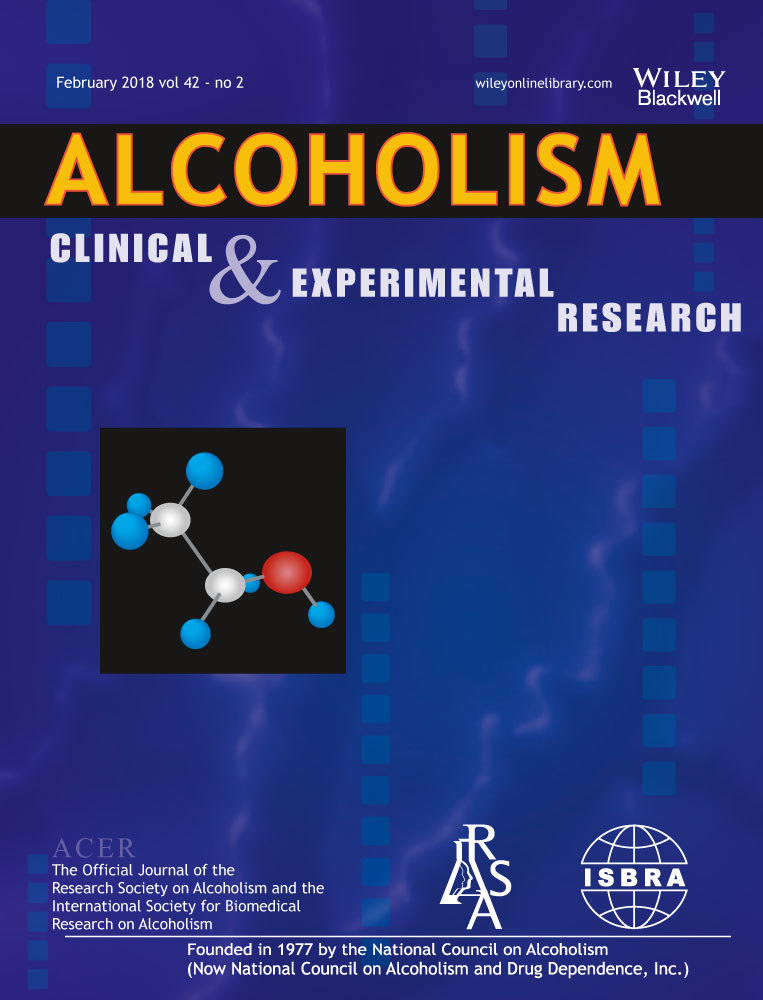Role of Gut-Derived Endotoxin on Type I Collagen Production in the Rat Pancreas After Chronic Alcohol Exposure
Abstract
Background
Pancreatic fibrosis is a key pathological feature of alcoholic chronic pancreatitis (ACP). Bacterial endotoxin lipopolysaccharide (LPS) is considered as an important cofactor in the fibrogenesis of ACP. However, there are limitations in the use of exogenous LPS for evaluating the role of endotoxin in ACP pathogenesis. In this study, we determined the relationship between the concentration of LPS in the portal vein and pancreatic type I collagen (Col1) content in chronic alcohol-fed rats.
Methods
Male Sprague Dawley rats were divided into 2 groups and fed with Lieber–DeCarli isocaloric control (CON) liquid diet or ethanol (EtOH) (15 g/kg/d) liquid diet. Eleven CON or EtOH rats were euthanized at the end of week 8, 9, or 10. The plasma LPS from portal vein was determined. Pancreatic inflammatory injury and fibrosis were assessed. Pancreatic stellate cells (PSCs) and macrophages were identified; pancreatic type I collagen alpha 1 (Col1A1) and Toll-like receptor (TLR4) mRNA and protein were examined; pancreatic chemokines and transforming growth factor-beta1 (TGF-β1) were determined.
Results
Pancreatic inflammatory scores were increased in 10-week EtOH rats compared with CON rats, but there was no significant difference in collagen deposition between 2 groups. The levels of portal vein LPS and pancreatic TLR4 and Col1A1 mRNA and protein were increased in a time-dependent fashion in EtOH rats, with the highest levels occurring at 10 weeks. Additionally, by 8 weeks, pancreatic TLR4 and Col1A1 mRNA in EtOH rats were statistically increased as compared to CON rats, whereas portal vein LPS remained unchanged. The number of PSCs and macrophages and expression of chemokines (MCP-1, MIP-1α, and RANTES), TGF-β1, or Col1A1 were significantly increased, each of which was positively correlated with the level of portal vein LPS in 10-week EtOH rats.
Conclusions
These results suggest that LPS is associated with alcohol-induced fibrosis in pancreatitis and targeting of bacterial endotoxin may be a promising therapeutic strategy for ACP.




